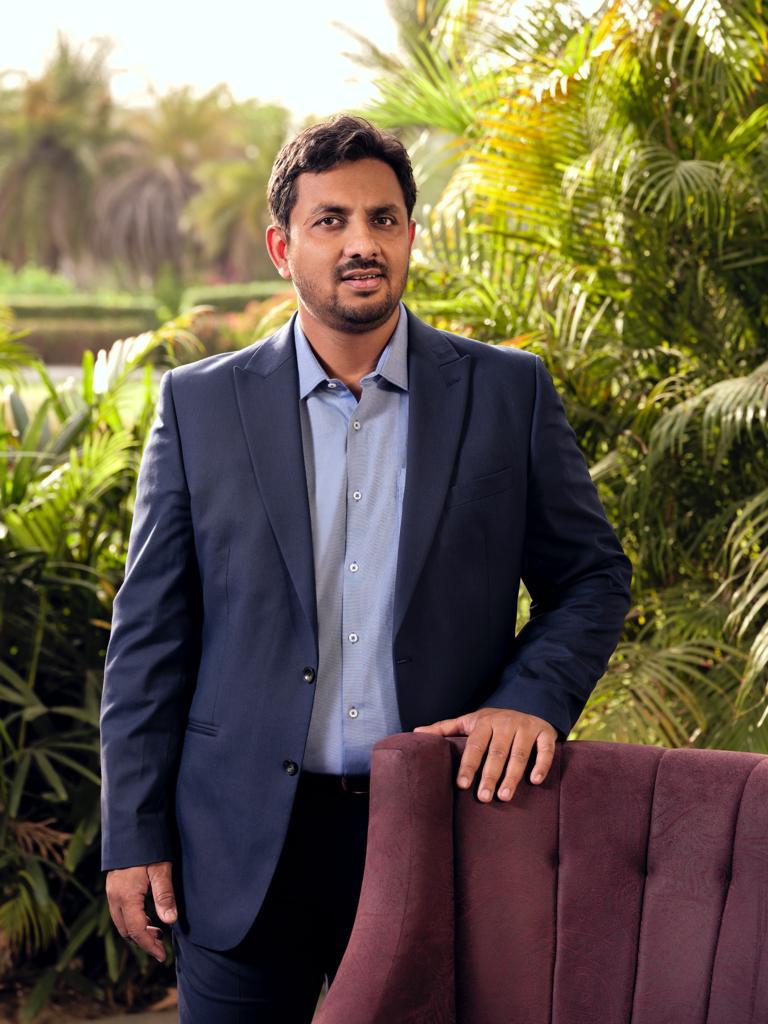RIYADH: Expatriate remittances from Saudi Arabia reached SR12.91 billion ($3.44 billion) in July, reflecting an annual increase of 21 percent, according to the recent data.
Figures from the Saudi Central Bank, also known as SAMA, also revealed that transfers sent abroad by the Kingdom’s nationals rose by 0.25 percent year on year, totaling SR5.81 billion.
This follows a notable peak in May, which marked the highest value recorded in the past 18 months.
As one of the world’s largest sources of remittances, Saudi Arabia’s economic policies and labor market conditions directly influence the financial well-being of numerous households across the globe.
This trend not only demonstrates the Kingdom’s economic vitality but also its interconnectedness with the global economy, especially in terms of labor migration and cross-border financial support.
According to a report by the US Department of State, Saudi Arabia’s remittance system plays a critical role in the global economy, given that nearly 75 percent of the Kingdom’s labor force consists of foreign workers.
Saudi Arabia is one of the largest remittance countries, and there are no restrictions on converting or transferring funds related to investments, including dividends, or earnings.
This facilitates a seamless flow of money across borders, with no waiting periods required for sending funds through legal channels.
According to the report, a key aspect of the Kingdom’s remittance infrastructure is the Ministry of Human Resources and Social Development’s Wage Protection System, designed to ensure that expatriate workers — who form the backbone of the remittance ecosystem — are paid according to their contracts.
Employers are mandated to transfer salaries through local Saudi bank accounts, allowing expatriates easy access to send their earnings back to their home countries.
This system not only guarantees transparency but also provides a legal and efficient pathway for expatriates to support their families abroad.
Digital transformation
The remittance landscape in Saudi Arabia and the broader Middle East and North Africa region is undergoing a transformation driven by the rise of digital platforms.
Historically, these transactions were dominated by physical channels like banks and exchange houses, but technological advancements have paved the way for new solutions.
These digital platforms offer a more convenient, cost-effective, and efficient means for individuals to transfer money across borders.
The widespread use of smartphones and the internet has allowed users to send money anytime and anywhere, making digital remittances increasingly popular.
They also come with great advantages like competitive exchange rates, lower transaction fees, and faster processing times.
What once took days and involved paperwork can now be completed instantly, allowing recipients to receive funds almost immediately, which is crucial for many who rely on timely support.
Digital platforms have not only made remittances more accessible but have also contributed to financial inclusion, especially for underserved populations, such as migrant workers and individuals in remote areas.
These groups now have easier access to financial services, which helps bridge gaps in financial systems and promotes economic participation across different regions.
The growth has also been supported by financial institutions and fintech companies, which have embraced technology to develop their own digital platforms or partner with existing firms.
This collaboration has led to the creation of innovative solutions like mobile apps, online portals, and digital wallets, enhancing the customer experience and broadening the range of remittance options available.
Regulatory bodies in Saudi Arabia and the MENA region have also played a pivotal role in facilitating this transformation.
By implementing supportive policies that ensure consumer protection, promote competition, and foster an enabling environment for digital financial services, regulators have helped shape a secure and robust ecosystem.
These measures have encouraged the adoption of new technologies, allowing fintechs to operate within a well-defined regulatory framework.
As the industry continues to evolve, the integration of emerging technologies like block chain and artificial intelligence is expected to further revolutionize remittance services, making them even more efficient, secure, and accessible.

































